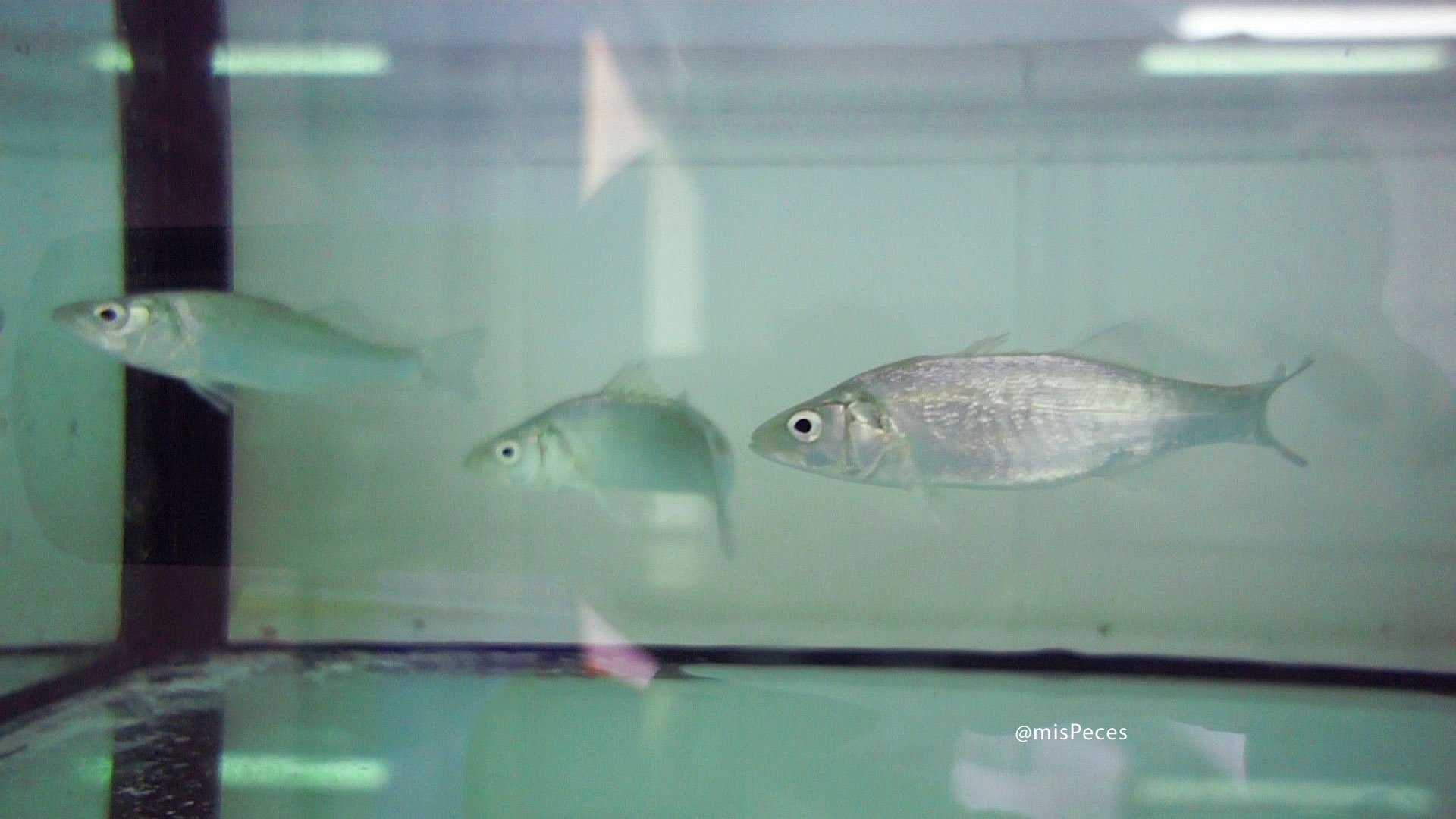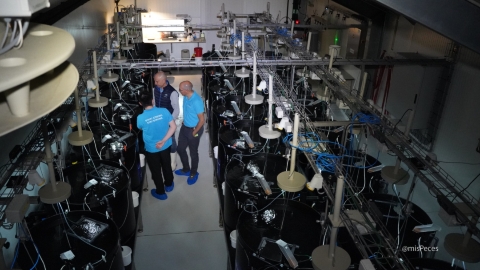
The selection and composition of ingredients in aquafeed play crucial roles in nutrient digestibility and waste management within recirculating aquaculture systems (RAS). It is therefore essential to optimise ingredient choices not only based on nutritional content but also considering their impact on digestion and the characteristics of the waste produced, particularly the faeces.
A recent study led by Elisavet Syropoulou at Wageningen University in the Netherlands focused on European seabass juveniles has shown a direct correlation between the type and level of carbohydrates in the feed and both starch digestibility and faecal output. According to the study's authors, ingredients like wheat dried distillers' grain with solubles and seaweed protein score lower on digestibility due to their high fibre content. The researchers specifically assessed the apparent nutrient digestibility, with a focus on carbohydrates. Waste production was evaluated based on the volume of faeces removed through sedimentation, and the distribution of faecal particle size was also analysed.
In essence, the study discovered that certain ingredients, particularly non-starch polysaccharides, lead to finer, less settleable faeces, posing challenges for mechanical filtration and waste removal. This results in increased water turbidity and potential biofilter clogging issues, necessitating more frequent water exchanges and higher operational costs.
Elisavet Syropoulou noted that findings “highlight that RAS feed formulations should consider not just fish nutrition but also system performance, as the right diet can reduce solids accumulation.”
This research and its outcomes highlight the importance of selecting the right carbohydrate mix in dietary formulations to maintain system efficiency and environmental sustainability, providing a scientific basis for strategic diet formulation to mitigate environmental impacts and enhance the sustainability of aquaculture operations.


